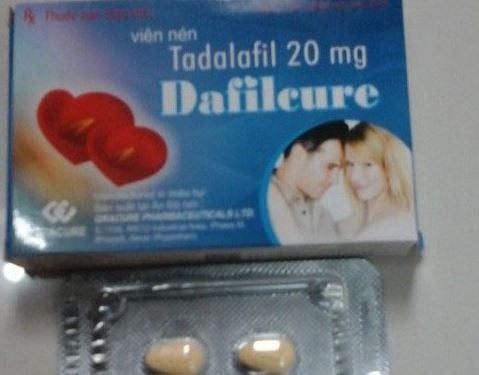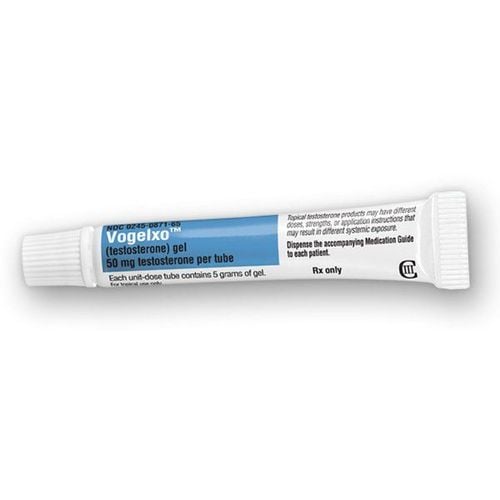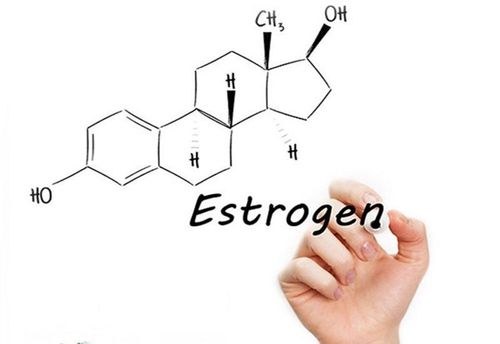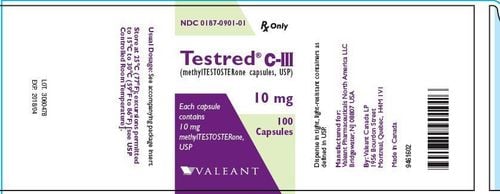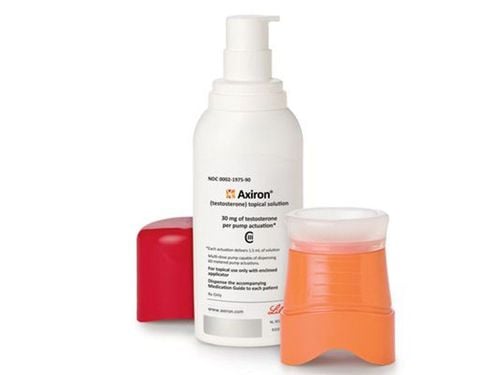This is an automatically translated article.
Researchers have discovered that it is the conversion of testosterone into an estrogen in the body that contributes to the complex effects. Insights help develop and improve methods of diagnosing and treating men who are not producing enough testosterone naturally.
1. What is testosterone and how does testosterone affect men?
Testosterone is a sex hormone that plays many important roles in the body. In men, this hormone is thought to have the following effects:Regulates sex drive Regulates bone mass Distributes fat and muscle mass Increases strength Produces red blood cells Sperm production . Small amounts of circulating testosterone are converted to estradiol, a form of estrogen. As men age, they typically make less testosterone, resulting in less estradiol production. Thus, changes that were previously thought to be due to testosterone deficiency have now been found to be related to the accompanying decline in estradiol. Testosterone was first used as a clinical drug as early as 1937, but the medical world at that time had little understanding of its true mechanism. Currently, the hormone is widely prescribed for men whose natural testosterone production is low. However, scientists still do not fully understand the extent to which a lack of testosterone has medical implications, nor is it clear how the hormone works. Every man's body produces very different levels of testosterone, so it's difficult to know what's right.
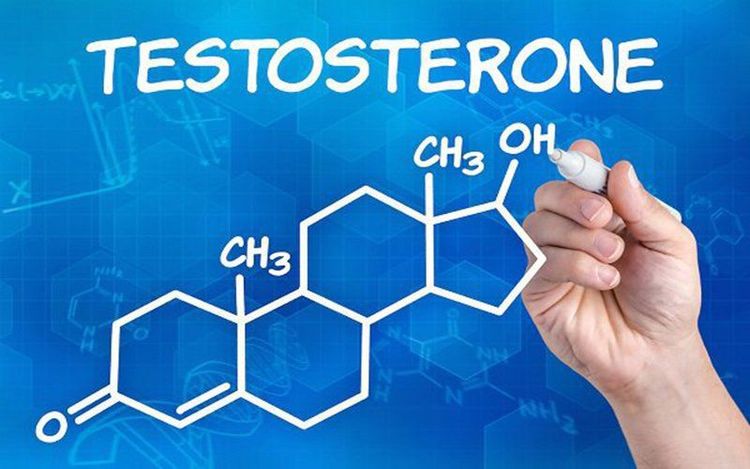
Testosterone là hormone sinh dục nữ và có nhiều ảnh hưởng đến sức khỏe nam giới
2. Research on the effects of testosterone
A research team examined testosterone and estradiol levels in 400 healthy men, aged 20 - 50 years. To control hormone levels, participants are first injected with a drug that blocks normal production of testosterone and estradiol. They were randomly assigned to 5 groups to receive 1% testosterone topical gel daily, in varying doses (ranging from 0 to 10 grams), for 16 weeks. Half of the participants were also given a drug to prevent testosterone from converting to estradiol.
Researchers will evaluate every 4 weeks by:
Blood tests to measure hormone levels Answer questionnaires to assess physical function, health status, vitality and sexual function Measure quantity body fat and muscle at the beginning and end of the 16th week. Researchers found that the doses of testosterone needed to produce effects in the body varied widely. The effects of testosterone and estradiol are also not the same.
Specifically, when reducing the dose of testosterone gel, scientists have found that reducing testosterone reduces lean mass, muscle size, and leg strength. In contrast, the increase in body fat is due to a decrease in estradiol. Both testosterone and estradiol are involved in sex drive and erectile function.
Research provides rationale for determining which men should be treated with testosterone supplements. What's new here is that some of the symptoms commonly attributed to testosterone deficiency are actually caused by low estrogen, a condition that accompanies low testosterone levels.
Researchers are conducting further clinical trials to address the effects of testosterone supplements on bone and prostate health.

Testosterone có tác động tới ham muốn tình dục và chức năng cương dương của phái mạnh
3. Does Testosterone Supplement Increase Cardiovascular Risk?
As we age, muscle strength decreases which contributes to difficulty in walking, climbing stairs and other activities. Several studies have shown that treatment with testosterone can strengthen muscle in healthy older men. However, the daily application of testosterone gel was associated with an increased risk of cardiovascular problems in older men with low mobility.
The trial was conducted on 209 men aged 65 years and over. All had low testosterone levels and limited mobility, such as difficulty climbing 10 stairs or walking two blocks. These men also tend to have chronic diseases, including diabetes, high blood pressure, and obesity.
They were randomly assigned to receive either testosterone gel or a placebo gel for 6 months. Apply the gel daily on the torso, abdomen or upper arms.
Results, 23/106 men taking testosterone experienced cardiovascular events, while the rate in the placebo group was 5/103 cases. Recorded problems include: Heart attack, hypertension and stroke, as well as one death from a suspected heart attack. After weighing the severity of the negative side effects against the potential benefits, the researchers recommended that these men stop taking testosterone.
The scientists noted that cardiovascular risk continued to increase in the testosterone group during the 6-month treatment period and did not decrease during the 3-month follow-up observation period. Overall, many men taking testosterone had heart, lung, and skin problems during the study.
When strength or physical function was assessed, the testosterone group had significant improvements in leg press strength, chest thrusts, and stair climbing when carrying heavy loads compared with the placebo group. However, there was no significant difference between the 2 groups in walking speed or climbing stairs when not carrying heavy objects.
Because this study was relatively small, it is also difficult to draw broad conclusions about the safety of testosterone therapy. In general, older adults already have higher rates of chronic disease and limited mobility, so more research is needed to clarify how testosterone issues affect men.
Please dial HOTLINE for more information or register for an appointment HERE. Download MyVinmec app to make appointments faster and to manage your bookings easily.
References: nih.gov




